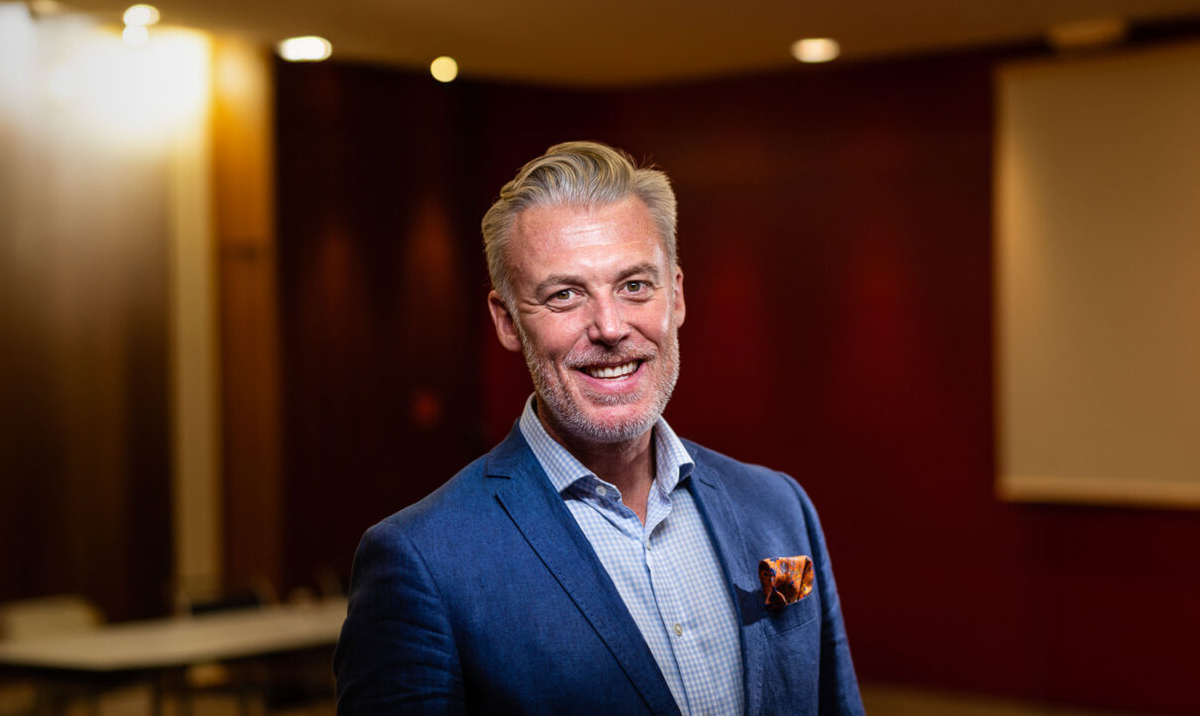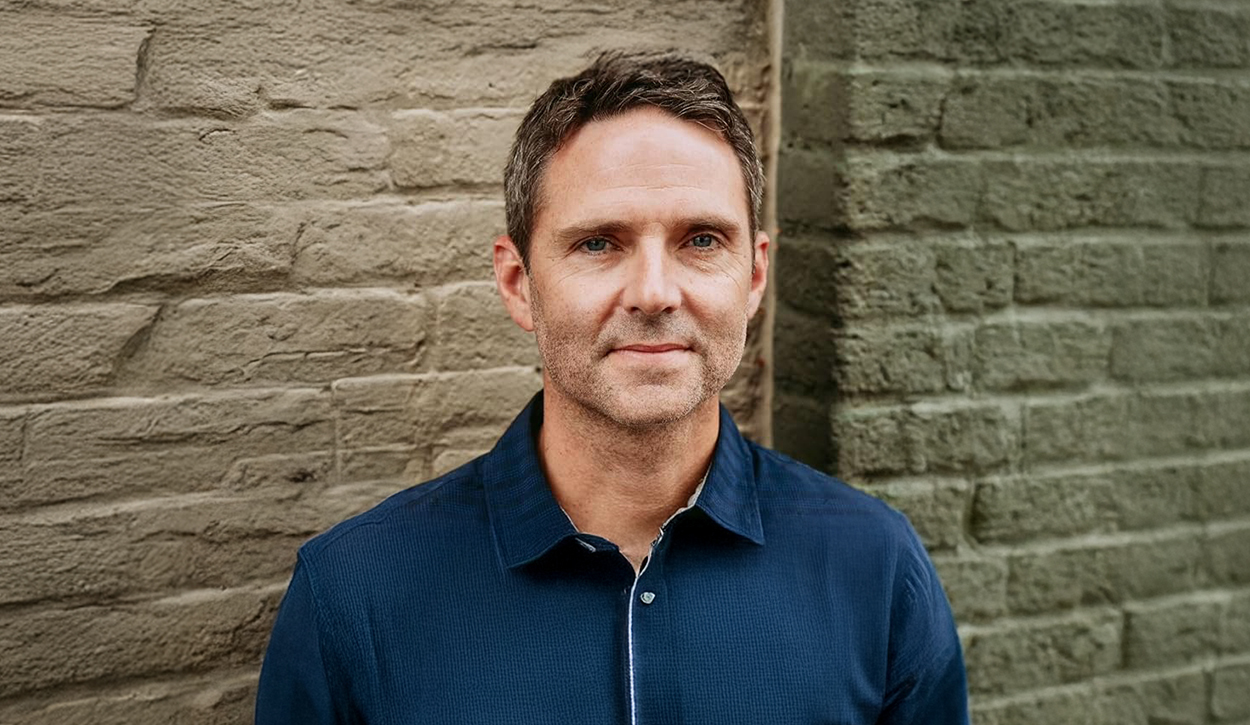Paradox or peril?
So, what happens if leaders do not develop these mindsets?
“It would look pretty dire without a few of them,” she says. “Without ruthlessness, who is delivering results? Without care, who is looking after people? Without confidence, who do you trust to lead through uncertainty and change?”
But she highlights responsible daring as the most dangerous paradox to lose. “Without that, no one is driving positive change.”
When responsibility is absent, she warns, leaders can retreat, overwhelmed by complexity, or unwilling to confront uncomfortable truths.
“Challenges are tricky. People might think, why bother? Or stick their head in the sand. There are lots of ways you can retreat into your shell.”
In the end, Cohen stresses that paradoxical leadership is not about adopting new skills, rather cultivating deep personal change. “It comes back to embracing these mindsets in a way that’s consistent and authentic with who they are.”
And as the world continues to shift, she believes more paradoxes will emerge, especially as technologies continue to advance. “Misuse of AI could fundamentally undermine the knowledge of humankind – that is my fear,” she says.
“As it seeps into the things we rely on as evidence, such as research. There will be more paradoxes that leaders need to embrace in five years as technology comes in.”






